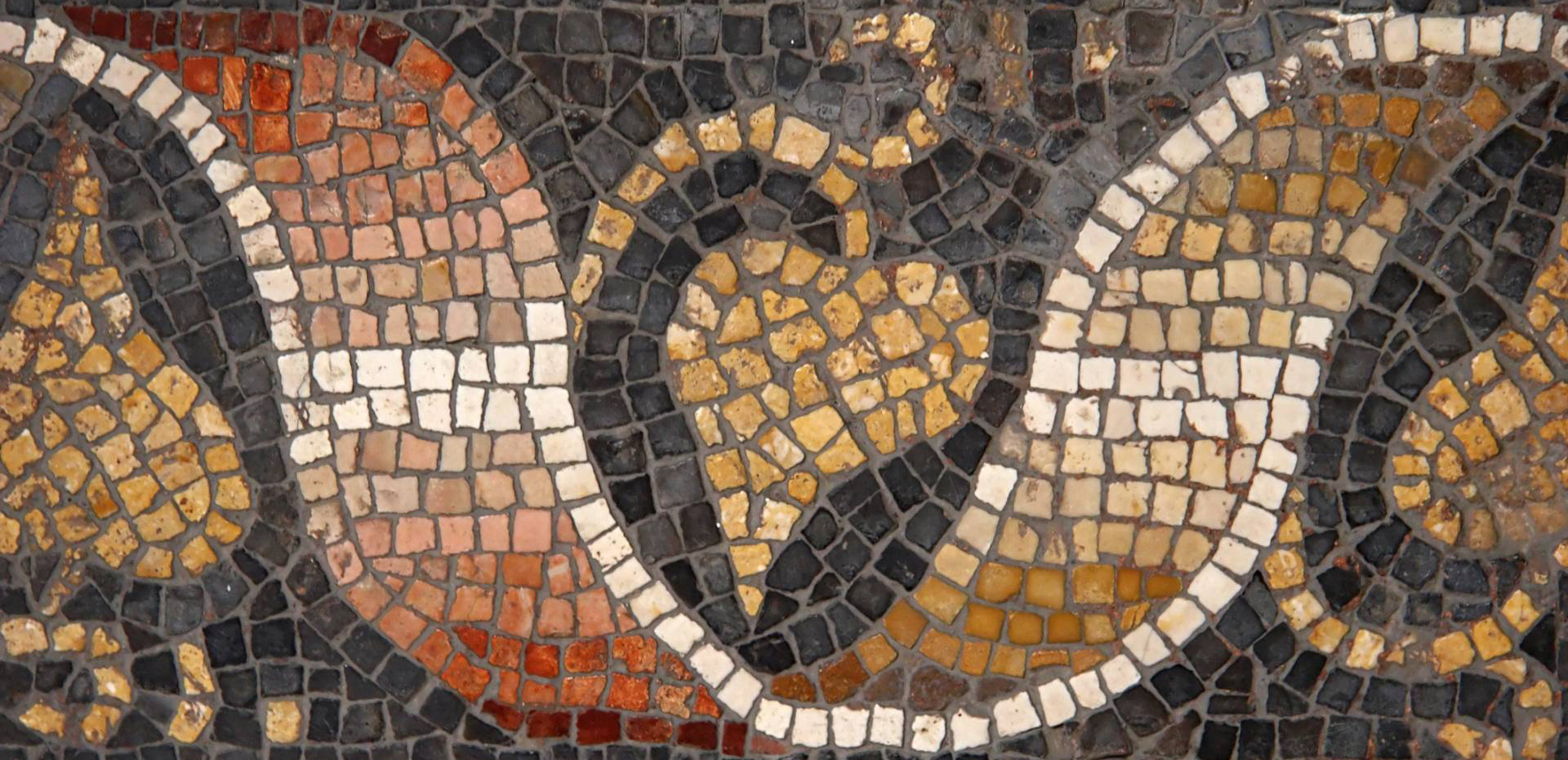SOMMARIO
A. EVENTI
1. PRESENTAZIONE: “LA NUOVA BIBLIOTECA DIGITALE DELLA VENERANDA BIBLIOTECA AMBROSIANA” (MILANO, 07.11.2019)
2. 2o DIETHNES SYNEDRIO GIA TIS GLOSSIKES EPAPHES STA BALKANIA KAI STE MIKRA’ ASIA /2ND INTERNATIONAL CONFERENCE ON LANGUAGE CONTACT IN THE BALKANS AND ASIA MINOR (THESSALONIKE, 8-10.11.2019)
3. CONFERENCE: “RECHTLITERATUR UND RECHTSPRAXIS AUF PAPYRUS UND STEIN” (WIEN, 13.11.2019)
4. CONFERENCE OF HELEN C. EVANS AT DUMBARTON OAKS: “SPHERES OF INFLUENCE: BYZANTINE ART IN THE GLOBAL MIDDLE AGES” (WASHINGTON, D.C., 14.11.2019)
5. DUMBARTON OAK’S BYZANTINE STUDIES COLLOQUIUM: “THE INSULAR WORLDS OF BYZANTIUM” (WASHINGTON, D.C., 15.11.2019)
6. VORTRAEGE ZUM THEMA “CURRENT RESEARCH IN BYZANTINE AND EARLY MODERN GREEK” (WIEN, 18.11.2019)
7. XXI CONGRESSO INTERNAZIONALE DI STUDIO SULL’ALTO MEDIOEVO: “OLTRE L’ALTO MEDIOEVO: ETNIE, VICENDE, CULTURE NELLA PUGLIA NORMANNO-SVEVA” (SAVELLETRI DI FASANO, 21-24.11.2019)
8. INTERNATIONAL CONFERENCE “BYZANTINE STICHIC HYMNOGRAPHY” (OSLO, 28-29.11.2019)
9. CRASH-COURSE IN GREEK PALAEOGRAPHY (GHENT, 03-04.02.2020; REGISTRATION DEADLINE: 15.01.2020)
10. CONVEGNO SISMED DELLA MEDIEVISTICA ITALIANA (BERTINORO, FORLI’-CESENA, 18-20.06.2020): CALL FOR PAPERS (SUBMISSION DEADLINE: 15.02.2020)
B. PUBBLICAZIONI
1. M. C. ALVINO, “LO SPECCHIO DEL PRINCIPE. L’IDEOLOGIA IMPERIALE A COSTANTINOPOLI TRA IV E VI SEC. D.C.” (2019)
2. M. RE, C. ROGNONI, F. P. VUTURO (ED.), “BYZANTINO-SICULA VII. RITROVARE BISANZIO. ATTI DELLE GIORNATE DI STUDIO SULLA CIVILTA’ BIZANTINA IN ITALIA MERIDIONALE E NEI BALCANI DEDICATE ALLA MEMORIA DI ANDRE’ GUILLOU (PALERMO, 26-28 MAGGIO 2016)” (2019)
C. NOTIZIE
1. POSTDOCTORAL FELLOWSHIPS (2020-2021) IN BYZANTINE STUDIES (APPLICATION DEADLINES: 15.11.2019; 15.12.2019; 15.01.2020)
2. BODLEIAN VISITING FELLOWS PROGRAMME (APPLICATION DEADLINE: 01.12.2019)
